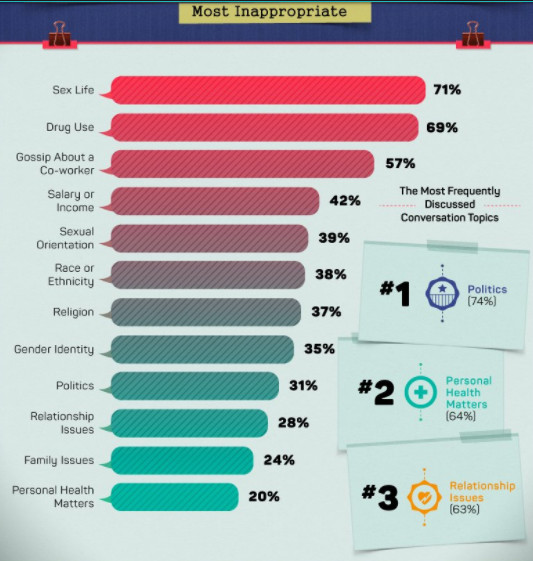
- Report: Messenger Kids advocates were Facebook-funded
Messenger Kids, Facebook said, had been designed to serve as a “fun, safer solution” for family communications. It would be available for children as young as 6, the company said. To forestall criticism, Facebook asserted that the app had been developed alongside thousands of parents and a dozen expert advisors.
But it looks like many of those outside experts were funded with Facebook dollars. According to Wired, “At least seven members of Facebook 13-person advisory board have some kind of financial tie to the company.” Those advisors include the National PTA, Blue Star Families, Connect Safely, and the Yale Center for Emotional Intelligence.
https://www.fastcompany.com/40530927/report-messenger-kids-advocates-were-facebook-funded
- Fake news is an existential crisis for social media
Elections don’t take place in a vacuum. And if people are angry and divided in their daily lives then that will naturally be reflected in the choices made at the ballot box, whenever there’s an election.
Russia knows this. And that’s why the Kremlin has been playing such a long propaganda game. Why it’s not just targeting elections. Its targets are fault lines in the fabric of society — be it gun control vs gun owners or conservatives vs liberals or people of color vs white supremacists — whatever issues it can seize on to stir up trouble and rip away at the social fabric.
That’s what makes digitally amplified disinformation an existential threat to democracy and to civilized societies. Nothing on this scale has been possible before.
https://techcrunch.com/2018/02/18/fake-news-is-an-existential-crisis-for-social-media/?ncid=rss
- Why Iceland is Perfect for Crypto Mining
- Engineering against all odds, or how NYC’s subway will get wireless in the tunnels
The company faced a number of challenges in building out the system. The first challenge was that the installation could not disrupt transit customers. Bayne said, “We had to figure out how to deploy network and equipment while minimizing disruption of the transit system itself.” That meant working overnight when labor costs are higher, and also placed the company at the mercy of the MTA’s maintenance windows to install network equipment.
Even more challenging was securing the right equipment. The NYC subway “is a 110-year-old system with low ceilings and lots of water, and it wasn’t designed to embrace a lot of electronics,” Bayne said. Wireless equipment “had to withstand all of these changes in environmental conditions: cold, heat, water, brake dust. Everything had to be passively cooled and fully-enclosed so it didn’t ingest any of the environment into the equipment.” That specialized, “mil-spec” equipment doesn’t come cheap.
As with the story of any infrastructure, particularly in New York, rolling out wireless connectivity to 282 active underground stations was anything but cheap. The final cost of the rollout was north of $300 million for Transit Wireless, a dramatic increase from early estimates which said that the project would cost “up to $200 million.” As a private entity spending private dollars, the company obviously had enormous incentives to hold down costs.
https://techcrunch.com/2018/02/17/engineering-against-all-odds/?ncid=rss
- How Should Your Company Prepare For Robot Coworkers?
A December 2017 survey by insurance and risk management advisory firm Willis Towers Watson in Arlington, Virginia, found that U.S. companies will nearly double the amount of work done by automation (to 17%) within the next three years. Ninety-four percent of companies that are already using robotics and AI will expand their use of automation by 2020.
But are companies ready for those changes? Maybe not, the survey found. Less than 5% of respondents say their HR functions are fully prepared for the changing requirements of these new ways of working.
“So we’re getting beyond the hyperbole of, ‘Robots are going to replace humans,’ and thinking about this in a more nuanced and practical way,” says Renee Smith, who leads the Future of Work consulting activities at Willis Towers Watson. Instead, employees will need to integrate the work that’s done through automation or algorithmic technologies and learn how these tools can enhance performance. Organizations need to start thinking about how the workplace changes when people work side by side with technology, and how to get them ready to do so successfully, she says.
https://www.fastcompany.com/40528265/how-should-your-company-prepare-for-robot-co-workers
Photo: Sean Thomas






